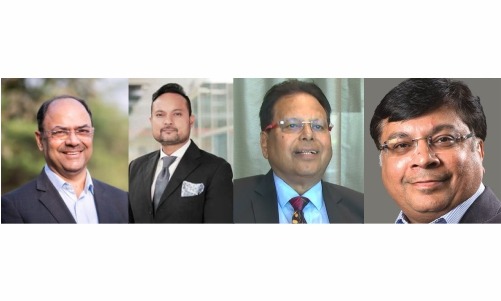New Delhi: With the launch of ICD 11, Traditional Medicine Module 2 by the World Health Organization today, preparations have started for its implementation. The data and terminology relating to diseases based on Ayurveda, Siddha and Unani Medicine have been included in the WHO ICD-11 classification. With this effort, the terminology defining diseases in Ayurveda, Unani and Siddha medicine has been indexed as a code and included in the WHO Disease Classification Series ICD-11.
The Ministry of AYUSH in collaboration with World Health Organization has prepared a classification of diseases used in Ayurveda, Siddha and Unani systems under TM-2 module of ICD-11 series. A Donor Agreement between the World Health Organization and the Ministry of Ayush was also signed earlier for this classification. This effort will further strengthen and expand India’s healthcare delivery system, research, Ayush insurance coverage, research & development, policy making system. Apart from this, these codes can also be used to formulate future strategies to control various diseases in the society.
Launching the ICD-11, TM Module-2 at the India Habitat Centre, Dr. Munjapara Mahendrabhai, Union Minister of State for Ayush and Women & Child Development said that there is a need to modernize Ayush medicine by integrating it with global standards in India as well as across the world.
Vaidya Rajesh Kotecha, Secretary (Ayush) said that the Ministry of Ayush will prepare public health strategy in future, based on ICD-11, Module 2 and will implement it nationally and internationally. Secretary Ayush gave a detailed presentation on the journey of preparation of TM Module 2 through a presentation.
The inclusion of traditional medical terminologies in ICD-11 forms a link between traditional medicine and global standards, said Dr. Radarico H. Ofrin, WHO Representative to India. According to Dr Sameera Asma, Assistant Director-General DDI, WHO, the indexing of disease terminology related to traditional medicine in ICD-11 proves to be a milestone in building a unified global tradition. Dr Shyama Kuruvilla, Senior Strategic Advisor, WHO joined the event online and said that the inclusion of traditional medical terminology in ICD-11 will further strengthen India’s routine health system.
Dr Robert Jacob, Head of Classification and Terminology Unit, WHO, said that the data listed in ICD-11 will be available for global use.
According to Dr Rudy Eggers, Director of Integrated Health Services, WHO, the inclusion of TM Module 2 in ICD-11 can be seen as a movement along with the global recognition of traditional medicine. The strategy for this was prepared from 2014 to 2023 and the first draft of the WHO strategy for Traditional Medicine for 2025 to 2034 has been prepared.
Representatives from member countries of WHO including Brazil, Bangladesh, Malaysia, Mauritius, Sri Lanka, Nepal, Iranand Britain shared their experiences regarding the current status of Traditional Medicine in their respective countries. The event was attended by senior officials of WHO and the Minsitry of Ayush icluding seniormost officails of its research councils, mational institutes, Chairmen and concerned Presidents in two commissions, the National Commission for India system of Medicine and National Commission for Homoeopathy. also present in the deliberations were representatives of WHO Member States and senior officals from the Ministry of Health and Family Welfare. Welcome address was given by Ms. Kavita Garg, Joint Secretary, Ministry of Ayush.






